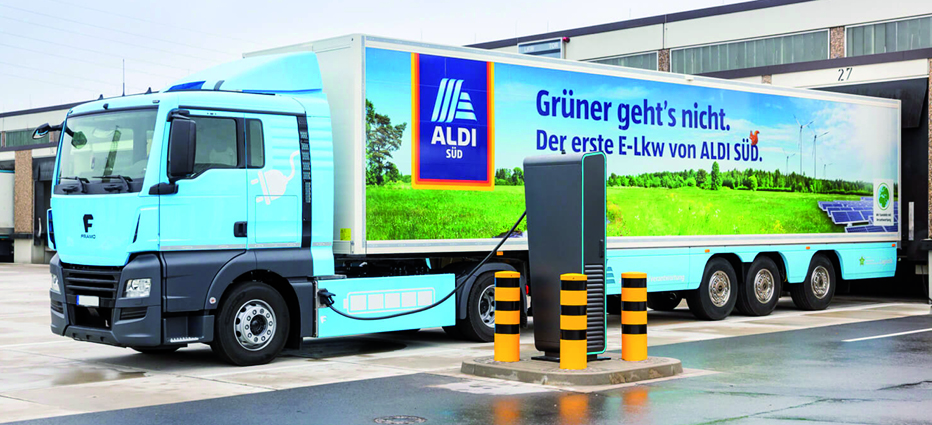In his remarks made at Stanford University during the award of the third Science Award for Electrochemistry to Dr. Vanessa Wood, Prof. Dr. Martin Winterkorn, Chairman of the Board of Management of Volkswagen noted again the challenges of energy density, cost, reliability and lifespan for batteries enabling longer range electric mobility.
In that context, he said that he sees “great potential” in solid-state batteries, which possibly could boost EV range to as much as 700 km (435 miles), representing a volumetric energy density of about 1,000 Wh/l. Current Li-ion batteries, with about 260 Wh/l are enabling a range of some 190 km (118 miles), he said. He then added that, with a higher nickel content, more will be feasible, although falling well short of the potential of solid-state systems. However, even “Increasing the specific energy of lithium-ion cells to as much as 380 Wh/l will reduce driving range drawbacks.”
Volkswagen Group engineers are currently working on electrifying up to 40 different models, ranging from all battery-electric drives to plug-in hybrids and even fuel cell systems, he said. (The company has also announced the biggest initiative for e-mobility in China’s automotive history.) For the medium term, the Group strongly believes that the plug-in hybrids will be the leading alternative.
Martin Winterkorn: “Lowering the price of battery cells to 100 euros [US$124] per kilowatt hour would significantly increase the market potential of electric vehicles. And if we also improve reliability and battery lifespan, customer acceptance will grow fast. Ladies and gentlemen, we are reaching out to the world of science to make all this happen. Of course, these are complex challenges and progress is not attained overnight. It takes knowledge, it takes precision and it takes lots of persistence. Electrochemistry is a field of the greatest importance—internationally and across industries. A field where we can and must achieve progress. High-performance energy storage is key to big challenges of our times—namely climate protection and a sustainable mobility.To really succeed with electric vehicles we need batteries with a higher range, less weight and lower cost. This is crucial for a broad acceptance among customers world-wide. It is crucial for economies of scale in purchasing and production. And—as a consequence—it will be crucial to slashing CO2-emissions and meeting tough regulations globally.So, for Europe’s largest carmaker, battery technology is ranking high on our agenda. By the way, that starts at the top: So in my office the “Basics of Electrochemistry” is a book with a permanent place on the desk. However, it needs more than books.“
All-solid-state batteries. In a paper presented at the Society of Engineering Science 51st Annual Technical Meeting held at Purdue University last month, Giovanna Bucci, Craig Carter and Yet-Ming Chiang, all of MIT, noted that all-solid-state rechargeable lithium-ion batteries have attracted much interest because they have features particularly favorable for large-scale application—i.e., for automotive applications.

Replacing the organic liquid electrolyte with a nonflammable and more reliable inorganic solid electrolyte (SE) simplifies the battery design while improving safety and durability of the system. This also allows the use of large-capacity electrode materials, for instance, sulfur positive electrode paired with a lithium metal negative electrode, which are difficult to employ in conventional liquid electrolyte batteries.
The all-solid-state battery also offers improved packaging efficiency, as the cell design can allow in-series stacking and bi-polar structures. High energy densities can be achieved by reducing the dead space between single cells.
Toyota is pursuing the development of all-solid-state batteries, and has already developed prototype cells with an energy density of 400 Wh/L. These, the Toyota researchers noted (again, assuming development challenges are overcome), could be commercialized by FY 2020 and see subsequent substantial improvement by FY 2025.